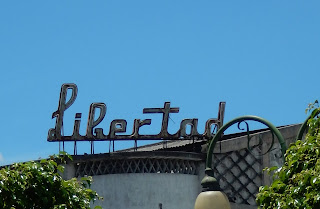Bukele's Bitcoin gambit mostly gathering criticism

The adoption of Bitcoin as legal tender in El Salvador has not created a financial bonanza for El Salvador. Instead, El Salvador's Bitcoin trading, led by its Bitcoin-cyber bro president, has accumulated $18 million USD in unrealized losses, and the country's credit rating on world financial markets has fallen through the floor. The International Monetary Fund urges Bukele to reverse course, and the likelihood of needed loan funding from the IMF seems ever more remote. All of this has produced an abundance of negative commentary in the world press. Today, only the Bitcoin maximalists seem to be unreserved fans of Bukele's Bitcoin gambit. Here is a collection of recent articles: Nayib Bukele trades bitcoin naked. El Salvador is paying the price (Wash. Post, Jan. 26) El Salvador was the first country to adopt Bitcoin. It might be the first to go broke, too (Miami Herald, Jan. 26) Bitcoin Trades Add to El Salvador’s Sovereign Risk...






